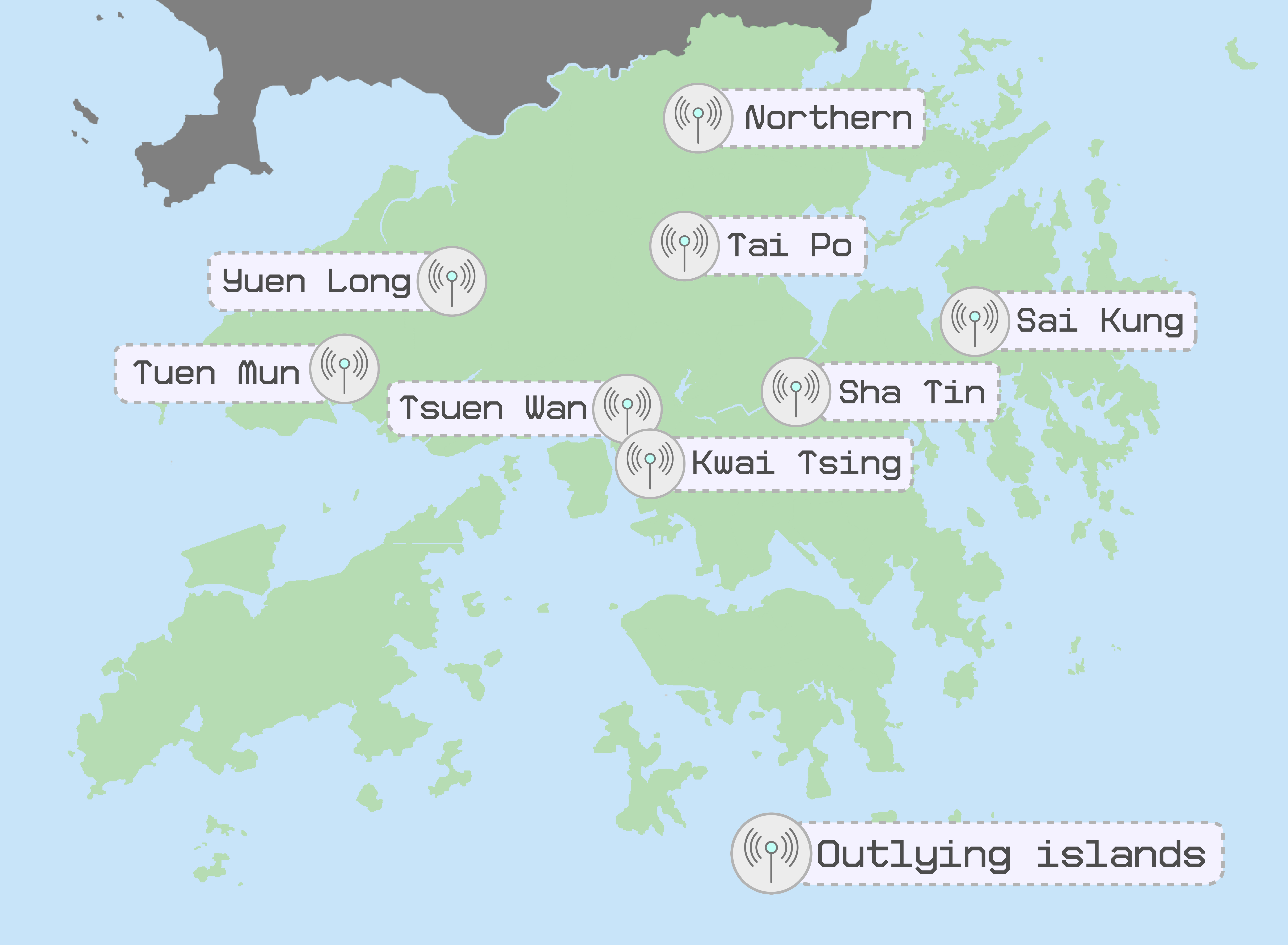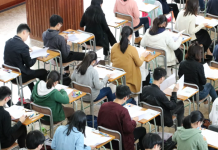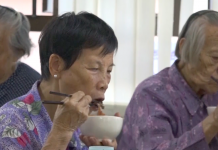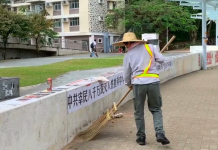Rural residents and the elderly left behind in Hong Kong’s digital transformation
Reporters: Erica Li, Sarah Poon, Edith Chung, Valerie Wan
Editor: Yeung Yi
In 2011, the United Nations Human Rights Council passed a non-binding resolution that suggested Internet access is a basic human right. The Internet is no longer seen as a luxury, but a necessity in modern society.
Hong Kong is one of the most connected cities in the world when it comes to broadband internet, but for those living in Hong Kong’s rural areas it can be a different story. According to statistics from the Legislative Council, 21 per cent of households in Hong Kong still did not have Internet access in 2015. Presently, large swathes of the population living in the New Territories and outlying islands either experience patchy services or remain unconnected.
Following the 2017 Policy Address, preparatory work on the Subsidy Scheme to Extend Optical Fibre Networks to Remote Villages in the New Territories and Outlying Islands is underway. The scheme will subsidise fixed network operators to extend optical fibre networks to the entrances of villages, while the “last mile” to individual households will be connected by the existing copper wires. Rural villages that only have basic broadband services of below 10 Mbps in nine districts will benefit:

The plan is scheduled to undergo consultation at the Legislative Council in May 2018. Once it’s approved, Internet service providers will be invited to submit a proposal to the Office of the Communications Authority (OFCA) for tender. OFCA will consider price attractiveness, construction time, system designs and subsidy amounts as factors in selecting a winning bid. The winning operator is required to share at least half of the network capacity with other service providers. The aim of this ‘interconnectivity requirement’ is to introduce competition.
The subsidy scheme will be implemented in phases over the course of five years. In 2021, it is expected to benefit over 300 remote villages and over 170,000 residents living in rural areas and outlying islands.
Closing the gap for the elderly
Other than building infrastructure, digital and technological literacy is essential if a society is to achieve digital inclusion.
Many elderly and disabled people in Hong Kong do not possess digital skills. In 2015, only 35 per cent of senior citizens owned a smartphone, far below the territory-wide figure of 83 per cent. While some profess no desire to get online, others strive to connect with online society.
“We are detached from the society,” says 85-year-old Mr. Ng. Despite government efforts to fashion Hong Kong into a “smart city”, members of the older generation find it hard to adapt to an increasingly digital world.
With more services becoming only accessible via e-platforms, some charitable organizations are trying to educate the elderly on basic Information Technology skills. Workshops have been set up to introduce them to new devices, gadgets, digital applications and social media platforms.
Already, some senior citizens have proved it’s never too late to close the gap and there is no reason why the older generation can’t join the e-generation.









































